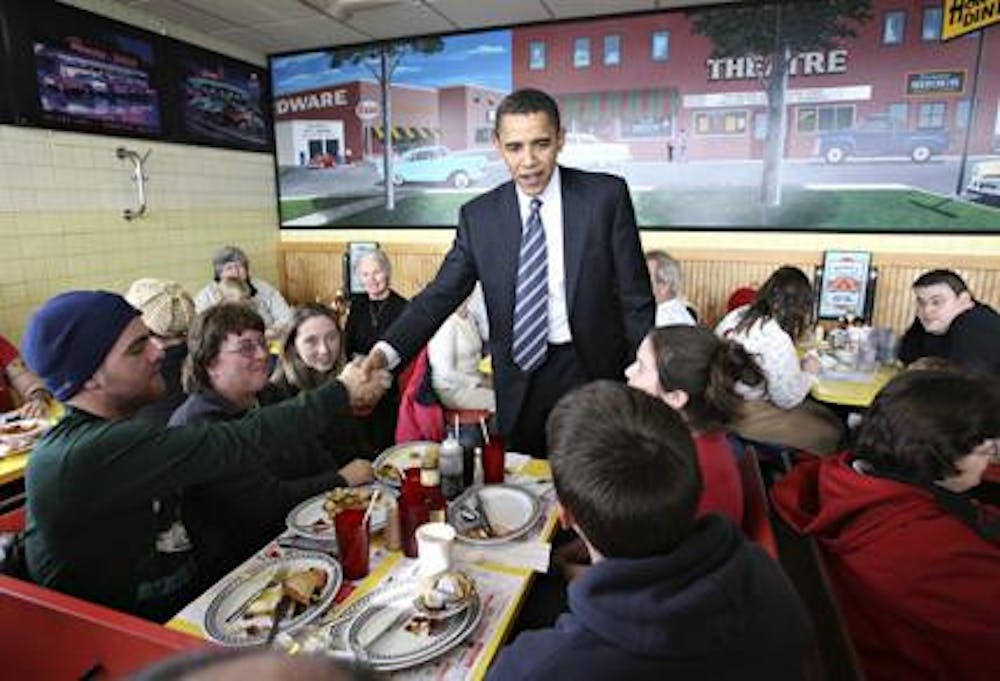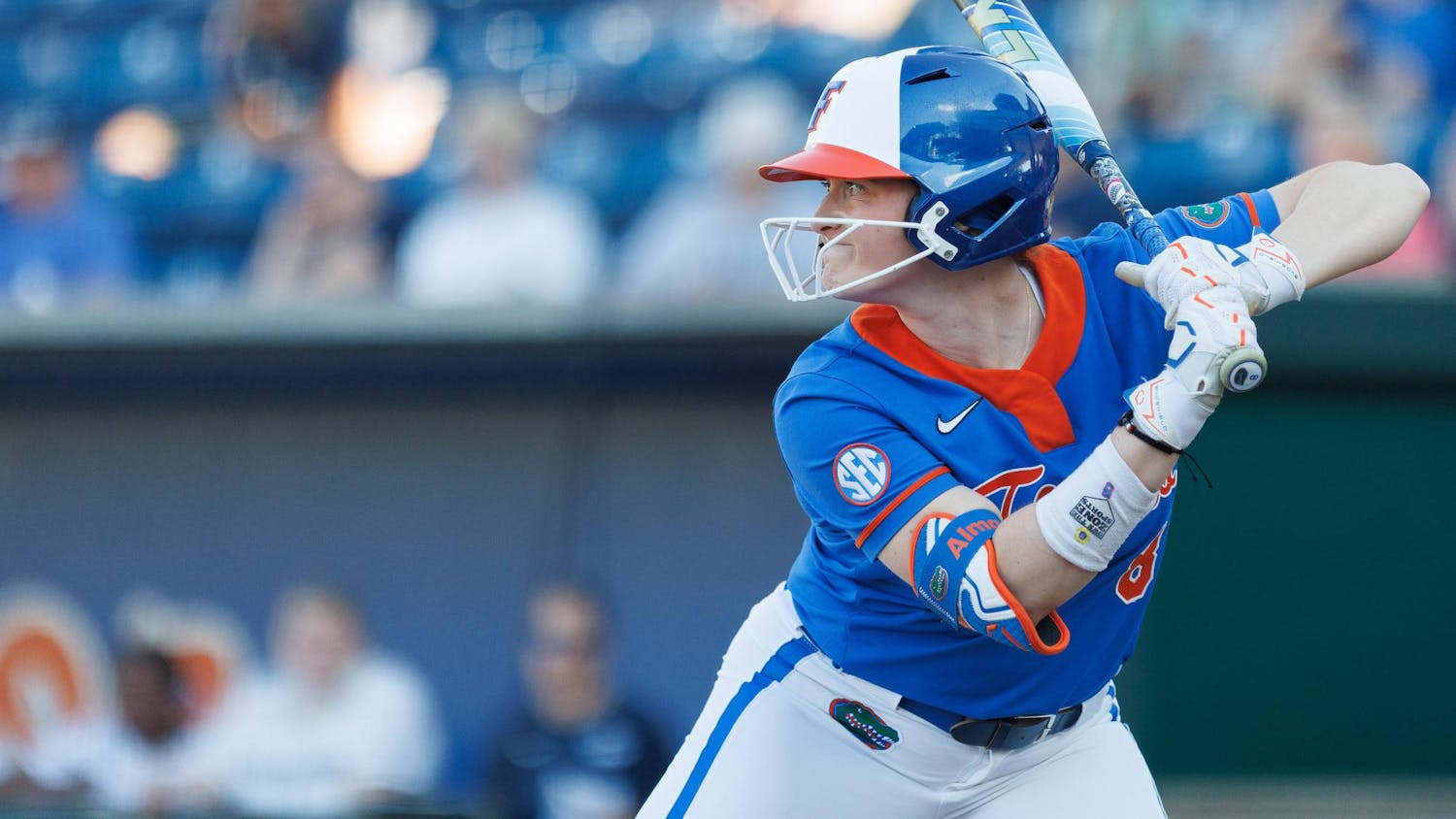Decades before Sen. Barack Obama was a leading candidate for the presidency, he was a lot like many UF students: young, intelligent and curious.
That college-aged curiosity led him to use alcohol, marijuana and cocaine, decisions that have now become points of contention in his campaign.
Obama first told of his early drug use in his 1995 memoir, "Dreams from My Father: A Story of Race and Inheritance."
He had just become president of the Harvard Law Review at the time of the book's publishing, but he was years away from entering the national spotlight as a U.S. senator.
"Pot had helped, and booze; maybe a little blow when you could afford it," wrote Obama about what he would later say were "bad decisions." "Junkie. Pothead. That's where I'd been headed: the final, fatal role of the young would-be black man."
In the pages that followed, Obama wrote that he stopped using the drugs. But that hasn't kept voters nationwide, including students at UF, from questioning the consequences of Obama's candor.
Charles Smith, a freshman in political science and business administration, said Obama's testimony would harm his image among voters.
Most Americans don't condone drug use, Smith said.
"It's nice to see a politician being honest about it," he said, "but it doesn't help him in the long run."
Tyler Malmborg, a civil engineering senior, said the negative aspects of Obama's past would be tempered by his honesty.
"You can't just be in denial and hide it," Malmborg said. "You have to be willing to own up to it."
And besides, he said, "most presidents have at some points done things that are not of the highest moral character."
Obama's confessions are a far cry from those of the White House's last Democrat, former President Bill Clinton, whose testimony that he "experimented with marijuana a time or two" but didn't inhale and never tried the drug again became a national punch line.
Obama has even gotten in on the joke himself. In a 2006 speech to the American Society of Magazine Editors, the candidate said, "Look, you know, when I was a kid, I inhaled. Frequently. That was the point."
President Bush has dealt with drug issues as well. In addition to his open admission of alcohol abuse during his college years and a drunken driving arrest at the age of 30, Bush has also faced allegations of cocaine use.
But, unlike Obama, Bush has sidestepped the charges and remains obtuse on his history, calling his youth "irresponsible" and insisting he's made mistakes but offering no further details.
"As I understand it, the current (FBI background check) form asks the question, 'Did somebody use drugs within the last seven years?'" Bush said in a 1999 interview with the Dallas Morning News, "and I will be glad to answer that question, and the answer is 'No.'"
Michael Heaney, a UF assistant professor in political science, said prior drug use for former and future presidents is a non-issue.
"Given that the past two presidents have a history of drug use, there's no reason to believe it should make a difference for Obama," Heaney said. "We're accustomed to the idea that people, when they're young, make these kinds of mistakes."
Peter Mann, a UF computer engineering freshman, said Obama's history didn't affect how he viewed the candidate.
"It really doesn't matter who you were then," he said. "It matters who you are now."
But not everyone has been as forgiving. On an ABC News blog, one user posted, "This is the president of the United States, is it really that much to ask that we have candidates that didn't do coke?"
And a New York Times/CBS News/MTV poll of 17- to 29-year-olds released in June stated 74 percent of those polled would not vote for a presidential candidate who had ever used cocaine.
Obama's admission has already proven an obstacle for an unlikely group: his attackers. Bill Shaheen, a former co-chairman of opponent Hillary Clinton's campaign, resigned a day after he was quoted by The Washington Post as saying Obama's frankness made him vulnerable to Republican attacks.
"It'll be, 'When was the last time? Did you ever give drugs to anyone? Did you sell them to anyone?'" Shaheen said. "There are so many openings for Republican dirty tricks. It's hard to overcome."
Though Clinton was a college student during the drug-heavy 1960s, no evidence has been found that she ever used them. Whether Clinton's background or Obama's honesty will affect voters remains to be seen.
Both candidates are regarded as front-runners for the Democratic nomination and neither has been able to establish a notable lead.
Heaney doesn't expect Obama's history will change that.
Voters "don't want their presidents to pretend they are holier-than-thou," Healey said. "It is appealing when politicians basically admit they are human beings and don't try to pretend they are somewhat above all sin."






